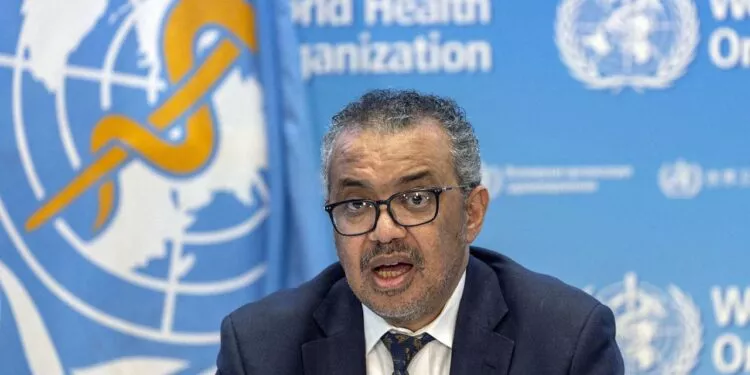Massive Climbdown From WHO as Latest Draft of IHR Amendments Drops Almost All Offending Aspects
Campaign group UsForThem is reporting that the just-released draft of the International Health Regulations amendments from the WHO Working Group shows a massive climbdown in almost all areas of concern. Here’s the summary (emphasis in original):
Massive climb down from the WHO Working Group on almost all substantive concerns that we and others have raised over the past 18 months.
- The WHO’s recommendations remain non-binding. Article 13A.1 which would have required Member States to follow directives of the WHO as the guiding and coordinating authority for international public health has been dropped entirely.
- An egregious proposal which would have erased reference to the primacy of “dignity, human rights and fundamental freedoms” has been dropped. This proposal marked a particularly low water mark and should never have been suggested.
- Provisions that would have allowed the WHO to intervene on the basis of a mere “potential” health emergency have been dropped: a pandemic must now either be happening or likely to happen, but with the safeguard that to activate its IHR powers the WHO must demonstrate that coordinated international action is necessary.
- Proposals to construct a global censorship and ‘information control’ operation led by the WHO have been dropped.
- A material dampening of the expansionist ambitions of the WHO: provisions which had proposed to expand the scope of the IHRs to include “all risks with a potential to impact public health” (e.g. climate change, food supply) have been deleted. The scope now remains essentially unchanged, focused on the spread of disease.
- Explicit recognition that Member States not the WHO are responsible for implementing these regulations [has been added], and bold plans for the WHO to police compliance with all aspects of the IHRs have been materially watered down.
- Many other provisions have been diluted, including: surveillance mechanisms that would have given the WHO a mandate to find thousands of potential new pandemic signals; provisions which would have encouraged and favoured digital health passports; provisions requiring forced technology transfers and diversion of national resources.
The published document is only an interim draft, to be put before the IHR Working Group during this week’s final negotiations, so it could yet change.
That said, on the basis of this draft this is a profound victory for people power over unaccountable technocracy.

No comments:
Post a Comment
Note: only a member of this blog may post a comment.